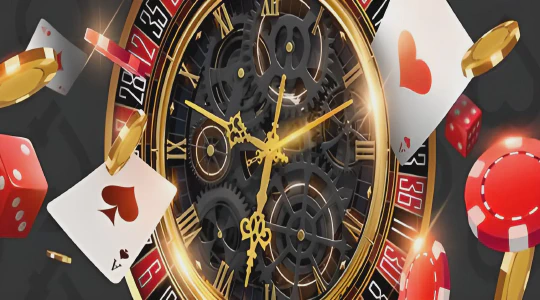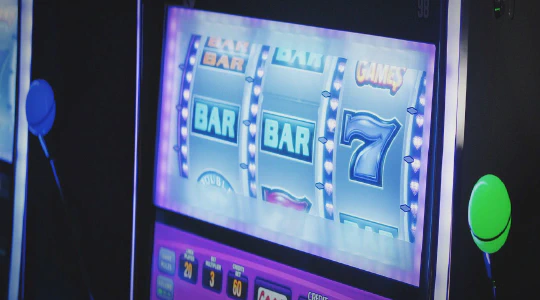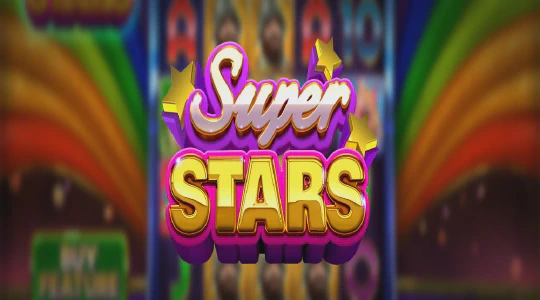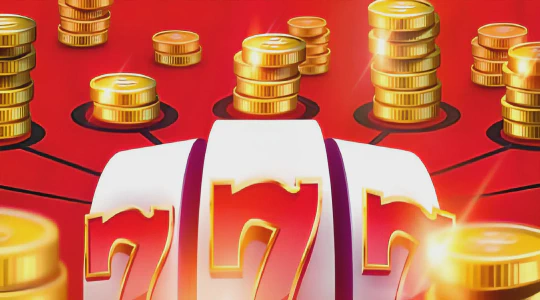Learn How to Play Poker
Introduction
Poker is a popular card game that has been played for centuries. It is a game of skill, strategy, and luck that can be enjoyed by players of all ages and skill levels. If you are new to poker or have never played before, learning the basics is the first step in becoming a successful player.
Understanding the Rules
The first thing you need to do when learning to play poker is to understand the rules of the game.
Types of Poker
There are many variations of poker, but the most popular ones are Texas Hold'em and Omaha.
Texas Hold'em
In this game, each player is dealt two cards and must make the best hand possible using those two cards and the five community cards on the table.
Omaha
In Omaha, each player is dealt four cards instead of two.
Objective
- The objective is to win the pot, which is the sum of all bets made by the players in a hand.
- Each player is dealt a certain number of cards, depending on the type of poker being played.
- Poker is played with a standard deck of 52 cards.
Developing Your Strategy
Once you understand the rules of the game, the next step is to develop your strategy. Poker is a game of skill, and the best players are those who can read their opponents and make informed decisions based on the information they gather.
Bluffing
One important strategy in poker is to bluff, which means pretending to have a better hand than you actually do. It’s a risky strategy, but it can be very effective if done correctly.
Folding
Another key strategy is to know when to fold, which means giving up your hand and forfeiting your chance to win the pot. This is an important skill to develop because it can save you from losing a lot of money Mostbet.
Other Strategies
In addition to bluffing and folding, there are many other strategies you can use in poker.
| Strategy | Description |
| Control Pot Size | Bet or raise in a way that keeps the pot small when you have a weak hand and makes it bigger when you have a strong hand |
| Reading Opponents' Behaviors | Observe your opponents' body language and facial expressions to determine what kind of hand they have |
Practicing Your Skills
Finally, the best way to become a successful poker player is to practice your skills. You can do this by playing with friends or family members, or by joining a poker club or league. There are also many online poker sites where you can play for free or for real money.
When you’re playing poker, it’s important to pay attention to your opponents and to the cards on the table. Look for patterns in your opponents’ behavior and try to figure out what kind of hand they have. This will help you make better decisions and increase your chances of winning.
FAQ
Q: Is poker a game of luck or skill?
A: Both luck and skill are important in poker. While luck can play a role in the cards you are dealt, skill is necessary to make informed decisions based on the information you gather from your opponents and the cards on the table.
Q: Can I bluff in poker?
A: Yes, bluffing is a key strategy in poker. However, it is important to use it sparingly and only when you have a good read on your opponents.
Q: When should I fold in poker?
A: You should fold when you have a weak hand and you believe that your opponents have stronger hands. It is important to know when to fold in order to save money and avoid losing big pots.
Q: How can I improve my poker skills?
A: The best way to improve your poker skills is to practice, practice, practice. Play with friends or family members, join a poker club or league, and play online for free or for real money. Pay attention to your opponents and always be willing to learn and improve your game.



